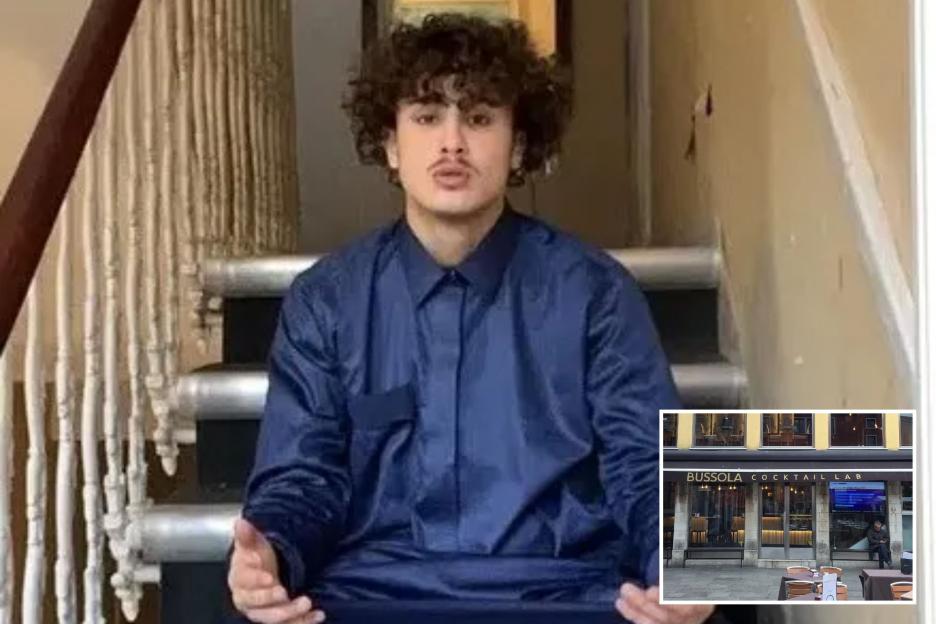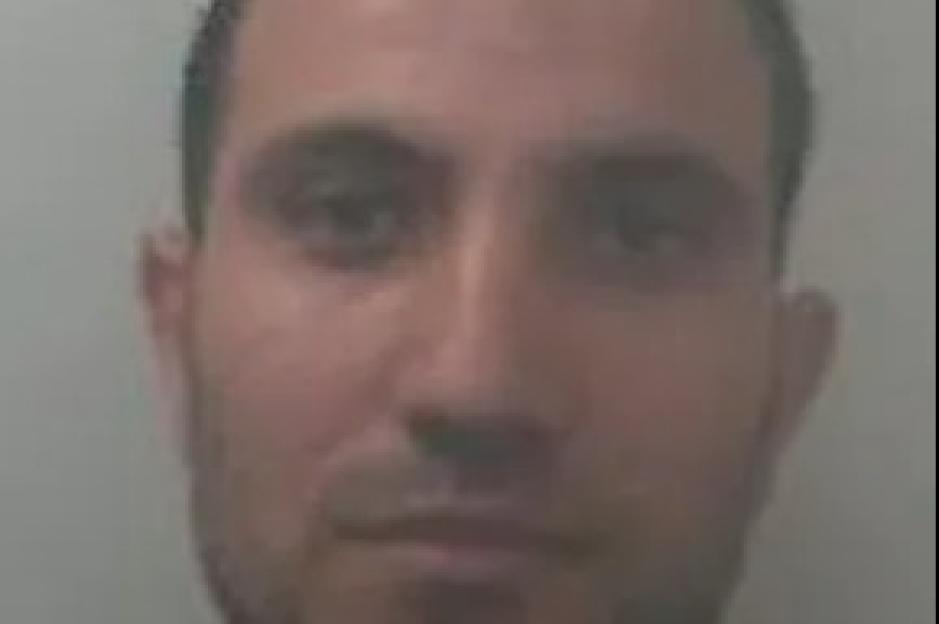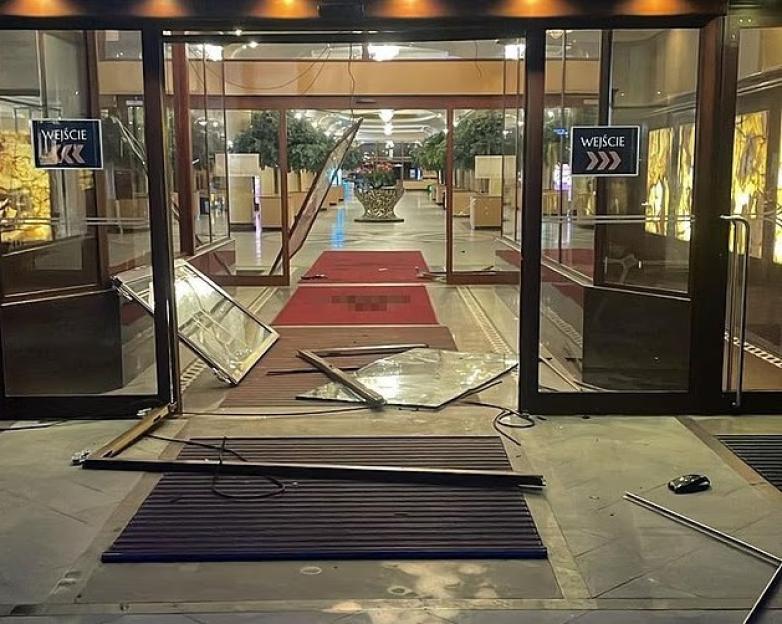THOUSANDS have flooded the streets of the popular Canary Islands in Spain’s third wave of protests against overtourism this year.
Locals across the say their home has been turned into a playground for tourists â as holidaymakers awkwardly watch from the sidelines.
 Thousands in the Canaries protested on Sunday
Thousands in the Canaries protested on Sunday Protesters gather in front of the Sagrada Familia under the slogan â “The Canary Islands have a limit”;;
Protesters gather in front of the Sagrada Familia under the slogan â “The Canary Islands have a limit”;; Protesters hold up the slogan â ‘They want to take over my neighbourhood and make my grandma leave’
Protesters hold up the slogan â ‘They want to take over my neighbourhood and make my grandma leave’
Demos have taken place today across the Spanish archipelago’s islands, including , Lanzarote, Gran Canaria and Fuerteventura.
In Santa Cruz alone, Tenerife’s capital, around 7,000 people are estimated to be on the streets by Spanish security forces.
In Gran Canaria, around 3,000 people are estimated to be present.
The organisers, a group named “The Canary Islands have a limit”;;, say the turnout has been “very high”;;.
While no incidents have been reported since the marches began at 11am, remain on the scene.
Campaigners claim that despite previous protests, no changes have been made by the government.
The slogan of the march has been: “The Canary Islands are not for sale, they are loved and defended.”;;
Other banners read: “The Canary Islands have a limit and so does our patience”;; and “Enough is enough!”;;
Similar marches have also taken place today in other Spanish cities and in Berlin.
Locals are calling for three key measures:
- Tourist moratorium: A freeze on new hotel and holiday rental licences, especially in overcrowded areas, to ease pressure on resources and protect rural and coastal land.
- Ecotax: A tourist tax to fund public services and offset the environmental impact of mass tourism.
- Holiday rental regulation: Stricter controls on platforms like Airbnb and real estate speculation to keep housing affordable for residents.
It comes as of the year kicked off in April after thousands of people across 40 cities.
According to the Canarian Trade Union Federation, the wealth generated by tourism should be distributed more fairly to improve the labour and wage rights of more than 170,000 tourism workers in the Canaries.
They also demand fairer distribution of tourism revenue to improve life for Canarians â boosting public services like healthcare, affordable housing and to fix the current road collapses.
 Protesters in the streets
Protesters in the streets

“The Canary Islands have a limit”;; movement argues the Canaries’ current economic model is “based on touristification, speculation, inequality and infinite growth in a very limited land”;;.
The campaigners said that despite the “massive demonstrations”;;, authorities have ignored their demands with “regressive”;; regulations, only “deepening the social, economic and environmental crisis”;;.
The movement has issued ten key demands, including halting destructive developments, imposing a tourist tax, enforcing a moratorium on new tourist projects, protecting natural areas and stopping sea , among others.
The campaigners they will continue protests throughout the and are planning boycotts and sit-ins.








